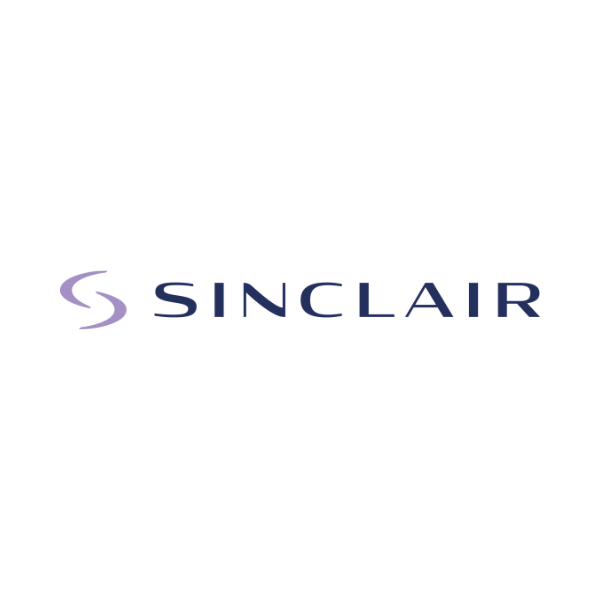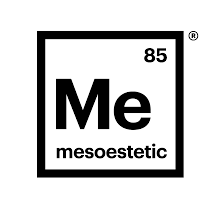Patients of injectable cosmetic treatments, such as wrinkle fillers and Botox, can finally rest easy. Up until now, cosmetic treatment facilities have been unregulated by the Care Quality Commission (CQC), and patients risked securing care from providers offering less-than-quality services. But a new provider registration and quality assurance mark offered by the Independent Healthcare Advisors Services (IHAS) and backed by the Government guarantees quality care from cosmetic treatment providers.
The IHAS Registration mark separates quality cosmetic treatment providers from the unqualified practitioners, offering a safeguard to patients seeking cosmetic services. Organisations and practitioners offering injectable cosmetic treatments must register through IHAS in order to legally display the IHAS Register of Injectable Cosmetic Providers mark. Registration requirements include completing self assessment forms and submitting supporting evidence, permitting random site visit inspections with only 24 hours’ notice, and paying a registration scheme fee to support the IHAS quality cosmetic treatment initiative. The providers must prove, through assessments, inspections, and supporting documentation, that they comply with good practice standards for the cosmetic treatment industry.
The industry led initiative is fully supported by Health Minister Mike O’Brien, who stated that the registration will “…help protect the public from unscrupulous operators. It will clearly mark those who uphold the highest standards the industry can provide.” The Minister has Government offered funding to support the regulation of cosmetic treatment providers in the United Kingdom.
Large cosmetic treatment providers in the industry have already offered their commitment to supporting the quality initiative. The Harley Medical Group, Transform, and Sk:n, who together own more than eighty clinics, plan to register all of their facilities. The initiative is also highly supported by suppliers to the cosmetic treatment industry, such as Q-MED UK Ltd, the manufacturer of Restylane dermal fillers, and Dental Protection, which offers professional support and advice to a majority of dentists in the United Kingdom. The British Association of Cosmetic Doctors also announced its support of the industry regulation.
Patients seeking quality care can search the Independent Healthcare Advisors Services registration for registered cosmetic treatment providers, or simply look for the “IHAS Register of Injectable Cosmetic Providers Quality Assurance Mark” at any provider of choice. Doctors, registered adult nurses, and dentists will be registered during the first year of implementation. If the launch is successful, IHAS will consider adding standards for dental hygienists, therapists, physiotherapists, and others during a second rollout of registration year two of implementation.







